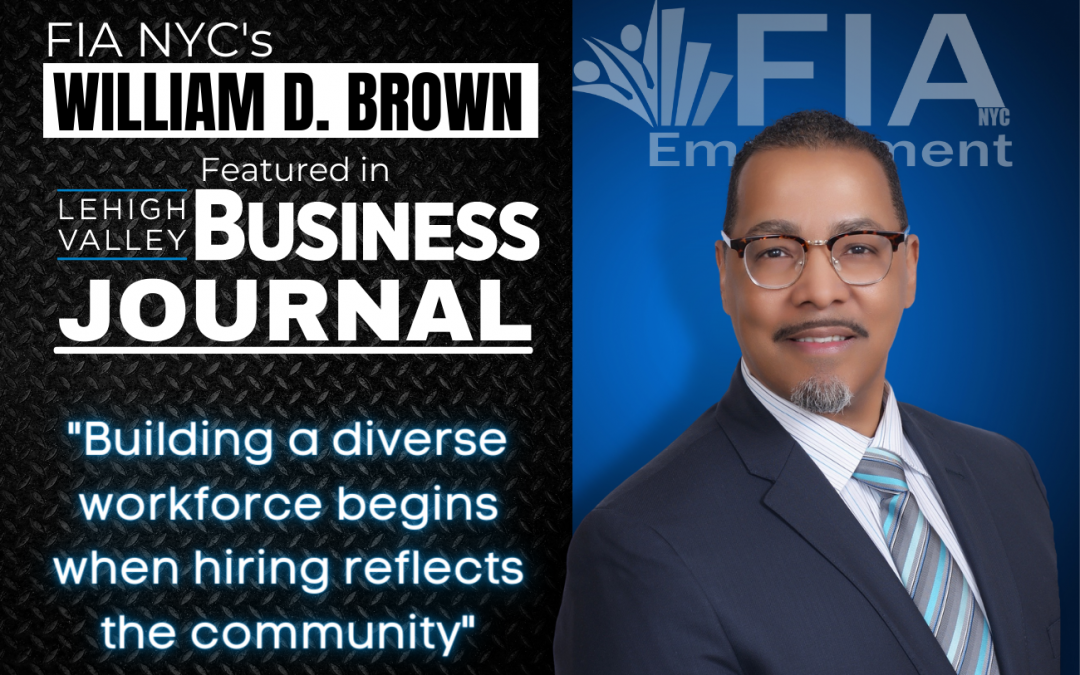By: Dawn Ouellette Nixon
A diverse and inclusive workplace is the result of a long-term commitment from company leadership, according to the local business leaders participating on Lehigh Valley Business’s Diversity and Inclusion panel.
The panel, held as part of LVB’s virtual Diversity Summit on September 16, followed up a presentation by Eric Ellis, president and CEO of Integrity Development Corporation, an Ohio-Based inclusivity-training firm.
Sustainable inclusion, or the constant state of being more inclusive of people of color, LGBTQ persons, women and minorities, is a necessity in today’s business world, he said. And creating a diverse and inclusive workplace isn’t just the right thing to do, but also makes good business sense. The global Black Lives Matter protests have shone a light on the changes that need to be made, Ellis said.
“Don’t be silent,” he advised employers, take the time to strengthen your inclusion efforts.
To make effective changes, Ellis encourages employers to address unconscious bias, which operates outside of conscious awareness, or outside of our stated beliefs. For example, we may say out loud and even believe that we don’t have a problem with certain minorities, as long as they get the job done, but our actions may say differently, he said.https://c95aba02b490dc13bf9e5a19a42ae003.safeframe.googlesyndication.com/safeframe/1-0-38/html/container.html
Bias limits innovation, while also reducing a potentially diverse talent pool that leads to an increased turnover of employees. People don’t want to stay in workplaces where they feel marginalized, he said.
Desha Dickson, associate vice president of community wellness at Reading-based Tower Health and panelist at the event, said it is important for company management to reflect the community that it services. Patients of color who receive care from doctors of color have better health outcomes, Dickinson said.
“We need to bring the community’s perspective to the table and create a space for those who don’t have the same privileges as you,” she said.
Judith Harris, an attorney with Allentown’s Norris McLaughlin, said that while businesses may tend to hire a homogeneous staff because people “like to work with people who are like them,” working with people who are like you should be about shared values, more than race, gender or age.
William D. Brown, CEO at FIA NYC Employment Services, said it wasn’t logical to expect companies to fire people in order to bring in more people of color. Rather, he said, start with the Human Resources Department. Bring in a diversity consulting firm that can partner and be a resource to top-level leadership as diversity becomes a part of the company culture. Mindsets change over time and it takes time to build habits, he said.
Reading Hospital’s Dickson added efforts must be put into not just hiring diverse leadership but retaining those employees. “Diversity needs top-down support from the C-Suite.”
Underscoring Ellis’ point that creating a diverse and inclusive workplace is good for the bottom line, Norris McLaughlin’s Harris said clients are demanding diversity of businesses today. “If you want to be current, part of being current is showing that you value diversity,” she said.
